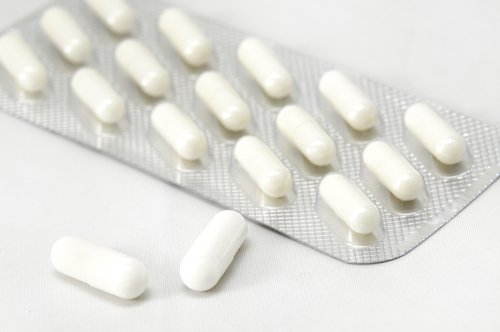NeuroVive Gets Signal That EU Will Give Its Mitochondrial Therapy KL1333 Orphan Drug Status

NeuroVive Pharmaceutical has received a signal from European regulators that its mitochondrial disease therapy KL1333 is likely to receive Orphan Drug Designation, which could accelerate its development and approval.
The company is seeking Orphan Drug Designation for KL1333 as treatment for a condition known as mitochondrial myopathy, encephalopathy, lactic acidosis and stroke-like episodes, or MELAS. Mitochondria are cell components that produce energy, and their dysfunction can affect many of the body’s systems. Among other systems, MELAS affects the brain, nervous system and muscles.
NeuroVive said the signal that KL1333 is likely to receive Orphan Drug Designation was a Committee for Orphan Medicinal Products decision to recommend the designation. The committee is part of the European Medicines Agency. The final decision is expected in about a month.
The committee’s recommendation “strongly indicates that we may receive a positive formal decision from the [European] Commission on granting orphan drug designation for KL1333 in Europe,” Erik Kinnman, the CEO of NeuroVive, said in a press release. “This is an important milestone for NeuroVive.”
Orphan Drug Designation would make NeuroVive eligible for free scientific and clinical-trial protocol advice from regulators. It would also reduce the fees the company must pay when it submits a marketing authorization application.
The hallmark of mitochondrial diseases such as MELAS is energy shortages at the cell level. They become a greater problem when a person has a fever or infection because the body needs more energy to deal with such conditions.
When mitochondria are unable to generate enough energy over an extended period, organ damage can occur. Treatments that decrease the body’s need for extra energy during fevers or infections can reduce the complications associated with mitochondrial diseases such as MELAS.
Nicotinamide adenine dinucleotide, or NAD+, is a coenzyme that plays a key role in energy generation. KL1333 regulates the enzyme at the cell level.
In preclinical-trial studies, KL1333 increased mitochondrial energy output, decreased lactate accumulation, and reduced the formation of damaging free radicals. Lactate is a compound that is generated by energy-burning, or metabolism. High levels of it in the blood can cause muscle weakness, breathing difficulties and other problems. Free radicals are molecules responsible for tissue damage and aging.
A long-term benefit of KL1333 is that it increases the formation of new mitochondria.
NeuroVive plans to conduct clinical trials of KL1333 as a treatment not only for MELAS but also other mitochondrial disorders, including KSS, CPEO, PEO, Pearson and MERRF.
The South Korean pharmaceutical company Yungjin Pharm created KL1333. In May of 2017, NeuroVive obtained the rights to continue developing it and commercialize it worldwide except in Korea and Japan, where Yungjin Pharm will retain the rights.
Under the agreement, the companies will collaborate on the drug’s development and commercializing.
Yungjin Pharm has started a Phase 1 clinical trial of KL1333’s ability to treat mitochondrial disorders. NeuroVive hopes to start a Phase 1 trial in 2018.






